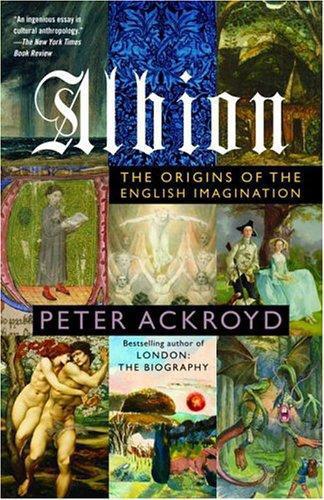
Albion
The Origins of the English Imagination
کتاب های مرتبط
- اطلاعات
- نقد و بررسی
- دیدگاه کاربران
نقد و بررسی

August 11, 2003
Even a writer as popular, prolific and inventive as Ackroyd can concoct a bore. Nevertheless, Albion
is likely to succeed on his considerable reputation and the success of his bestselling London: The Biography.
Here Ackroyd seeks to define and describe what he sees as distinctive qualities of the English imagination as they have developed since the country's beginnings. Quoting the 17th-century Richard Burton's The Anatomy of Melancholy, he claims a cultural continuity—"we weave the same web still, twist the same rope again and again." But the Englishman, as Daniel Defoe remarked, and Ackroyd concedes, remained infinitely adaptable, having already assimilated waves of invasion and conquest—and become "Roman-Saxon-Danish-Norman-English." Explaining that "mungrell" mingling in 53 thematic chapters, Ackroyd appropriates nearly every quality in literature and the arts for England (largely ignoring Ireland and downplaying Scotland). He cites love of gardens, worship of trees, cultivation of dream-visionaries, affection for eccentricity, affinity for morbid sensationalism, attraction to understatement, pleasure in alliteration, fondness for cross-dressing, passion for antiquarianism, ease with an empirical temper, relish for detective and ghost stories, penchant for portrait miniatures, creative adaptation of folksong. It is a sentimental stretch. Where London
was animated by a brilliant exploitation of anecdote, Albion
lacks its verve. Rather, it is armed with a goodly—and defensive—helping of "It has often been said," "it might even be said," "It is no surprise, either, that," and often bogs down in bland thesis and empty persuasion. Yet vastly learned and frequently engaging, it may prove good bedtime reading—a veritable night school. B&w and color illus. not seen by PW.

























دیدگاه کاربران